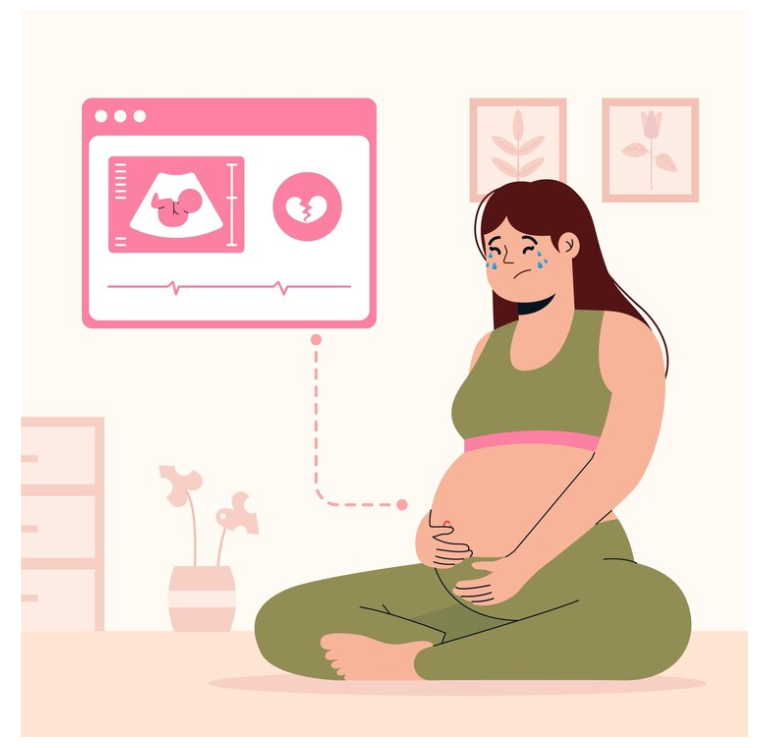
Hepatitis E in Pregnancy: Risks and Management
Introduction: Pregnancy is a time of joy and excitement, but it’s also a period of increased vulnerability to certain health issues. One such concern is Hepatitis E, a viral infection that can pose serious risks to both the mother and the unborn child. In this blog, we’ll explore the risks associated with Hepatitis E during pregnancy and how it can be managed.
1. Increased Severity:
Pregnant women who contract Hepatitis E are at a higher risk of developing severe complications compared to the general population. This includes a more severe form of the disease known as fulminant hepatitis, which can lead to liver failure and even death in some cases.
2. Transmission:
Hepatitis E is typically spread through consumption of contaminated food or water. Pregnant women should be particularly cautious about food hygiene and avoid consuming undercooked or raw meat, as well as unpasteurized dairy products.
Additionally, it’s important to ensure that water sources are safe and free from contamination.
3. Effects on the Unborn Child:
Hepatitis E infection during pregnancy can also affect the unborn child. It may lead to premature birth, low birth weight, and in severe cases, fetal death. The risk of adverse outcomes is higher in pregnant women who develop fulminant hepatitis.
4. Management and Treatment:
Management of Hepatitis E during pregnancy focuses on supportive care to alleviate symptoms and prevent complications. This may include rest, adequate hydration, and close monitoring of liver function.
In severe cases, hospitalization may be necessary, and the mother may require intensive care.
5. Prevention:
Prevention is key when it comes to Hepatitis E in pregnancy. Pregnant women should take precautions to avoid exposure to the virus by practicing good hygiene, consuming safe and properly cooked food, and avoiding travel to regions where Hepatitis E is endemic.
In conclusion, Hepatitis E during pregnancy poses significant risks to both the mother and the unborn child. Understanding these risks and taking appropriate precautions can help minimize the likelihood of infection and ensure the health and well-being of both mother and baby.
To seek medical advice, always consult a Doctor. Here are our recommended experts. Click here
To read more on Respiratory disease . Click Here


